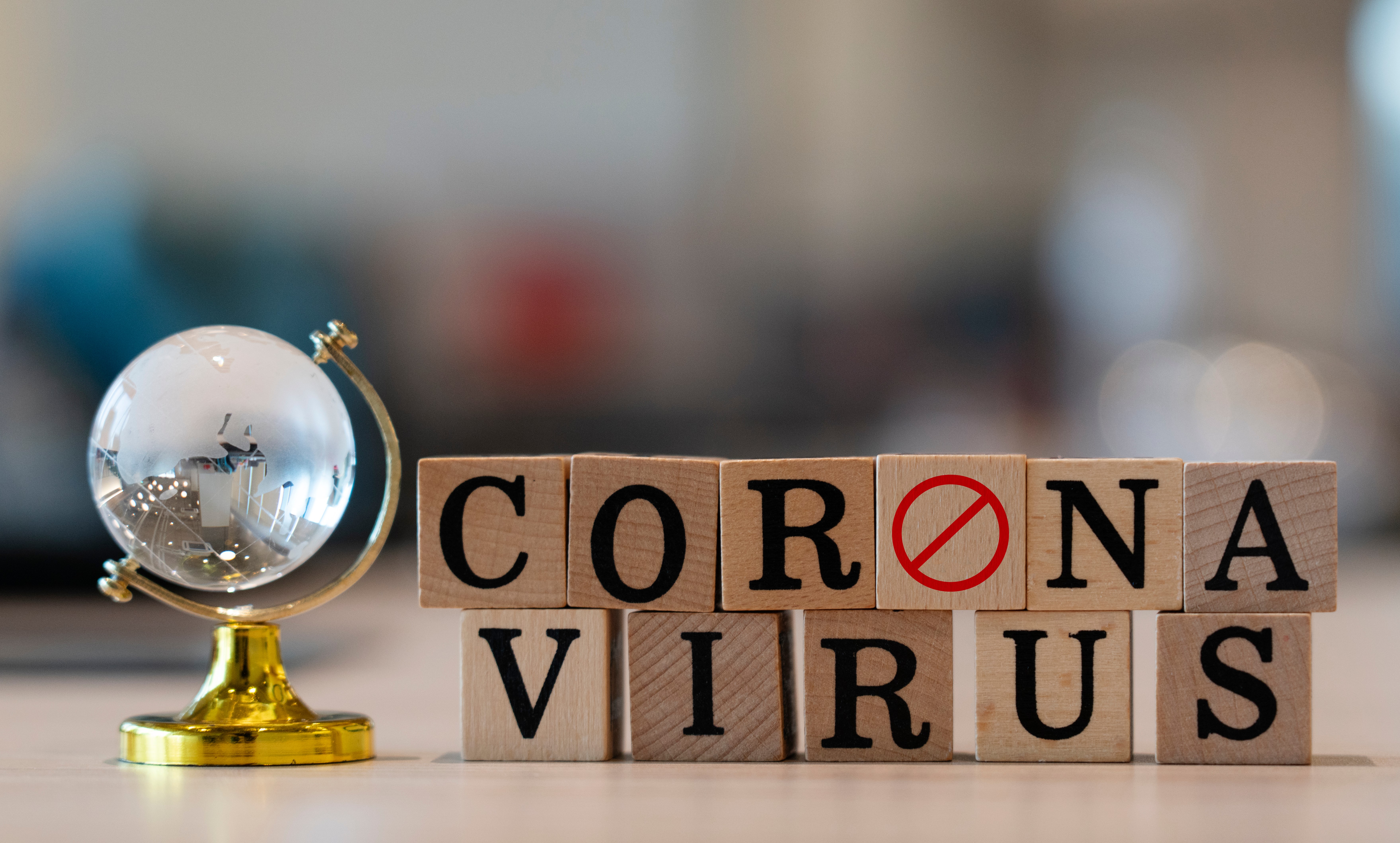
The COVID-19 global pandemic is escalating at a fast pace, with major events cancelled, workers self-isolating, and the Federal Government banning large gatherings.
Citizens travelling abroad have also been told to return home to avoid being stranded overseas, with borders closing across the globe.
It’s difficult to keep a calm head in these moments, but that is exactly what the Department of Health is asking us all to do.
“Australia has a world-class health system and is well prepared to deal with this virus, but we are not immune,” a spokesperson for the Department of Health told MedAdvisor.
“Our priority is the health and wellbeing of Australians.”
COVID-19 is a new virus, which means it spreads rapidly as there is no herd immunity.
The virus can spread from person to person through close contact with droplets from an infected person’s cough or sneeze or via the touching of objects or surfaces (like doorknobs or tables) that have cough or sneeze droplets from the infected person, and then touching your mouth or face.
Self-isolation tips
If you are in self-isolation, monitor yourself for COVID-19 symptoms including fever, cough or shortness of breath, the health department spokesperson says.
“Other early symptoms include chills, body aches, sore throat, runny nose and muscle pain.”
If you are self-isolating, it is crucial that you do not interact with vulnerable people, including the elderly or those with compromised immune systems.
So what should you do if you do develop symptoms?
“You should telephone the health clinic or hospital before you arrive and tell them your travel history or that you may have been in contact with a potential case of coronavirus,” the health department spokesperson said.
While there is no vaccine for COVID-19, there is one for the flu so don’t forget to book your flu shot when it’s available: contracting both the flu and COVID-19 can make you very ill.
Helpful daily habits
Even if you are not required to self-isolate, there are lots of things you can do to decrease your chances of contracting COVID-19, or unwittingly passing it onto others.
Current medical advice states that washing your hands thoroughly, for at least 20 seconds, is an effective way to prevent contamination. The health department advises washing your hands before and after eating, in addition to after you go to the bathroom.
Hand sanitizer is handy, too, but it’s recommend that you apply it liberally to the front and back of your hands. Facemasks are not necessary unless you have the virus, medical authorities have advised.
If you’re still going to the gym, clean the equipment before and after use and apply hand sanitizer before and once you leave.
Chief Medical Officer Brendan Murphy has previously described handshakes as “low risk”, but Prime Minister Scott Morrison is advising against them. Many people are now deploying social-distancing etiquette when outside or at work, which means staying 1.5m away from others.
Dr Murphy has also said that while it may be prudent to stock up on a couple of days’ worth of pantry supplies, panic-buying is not necessary.
Furthermore, it will hurt the most vulnerable in the community, including those who cannot easily get to the stores or those who live from week to week and cannot afford to buy large quantities of items in advance.
Call the National Coronavirus Health Information Line on 1800 020 080; it operates 24 hours a day, seven days a week. If you require translating or interpreting services, call 131 450.
MedAdvisor is committed to playing an important role in helping you to keep track of your medications. Our medication management platform is focused on addressing the gap and burden of medication adherence. To know more click here.
This story was written by Johanna Leggatt. Johanna is an Australian journalist with more than 15 years’ experience in both print and online. She has worked across a wide range of subject areas, including health, property, finance, interiors, and arts.
These Stories on Medication Management
Suite 2 Level 7, 500 Bourke Street
Melbourne, Victoria 3000
Australia
Email us: support@medadvisor.com.au
MedAdvisor is an affiliate member of the World Pharmacy Council.
No Comments Yet
Let us know what you think